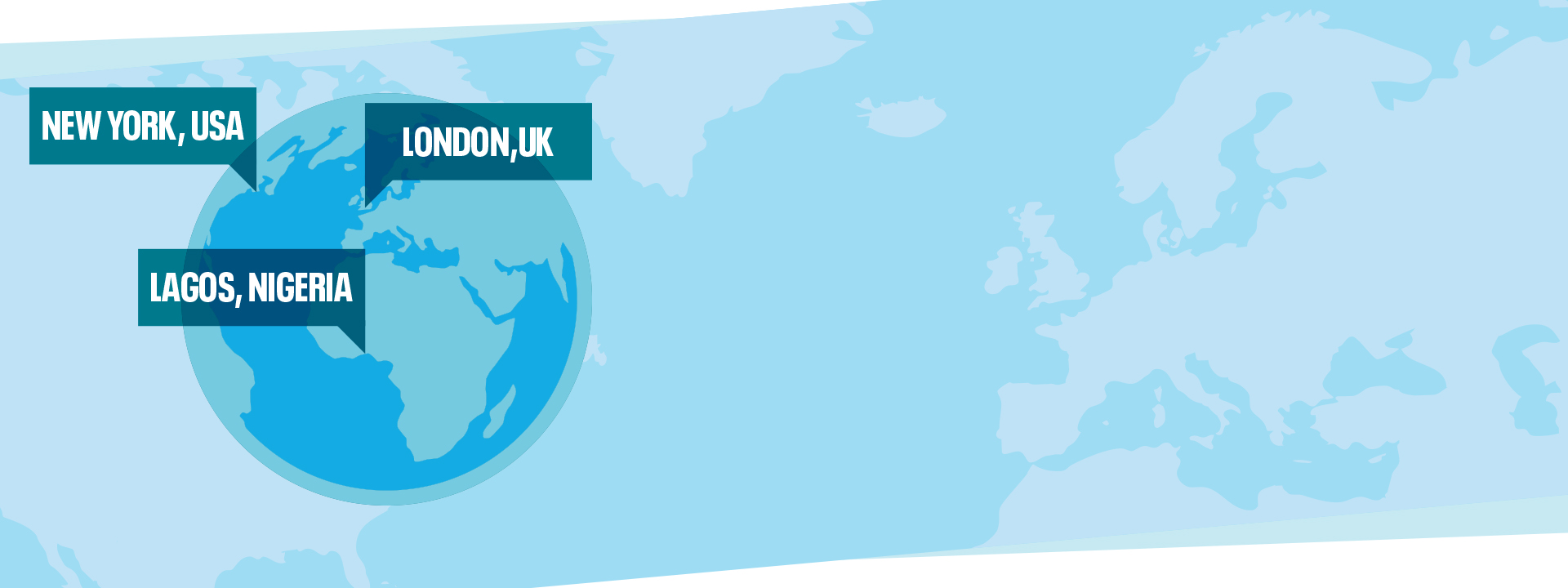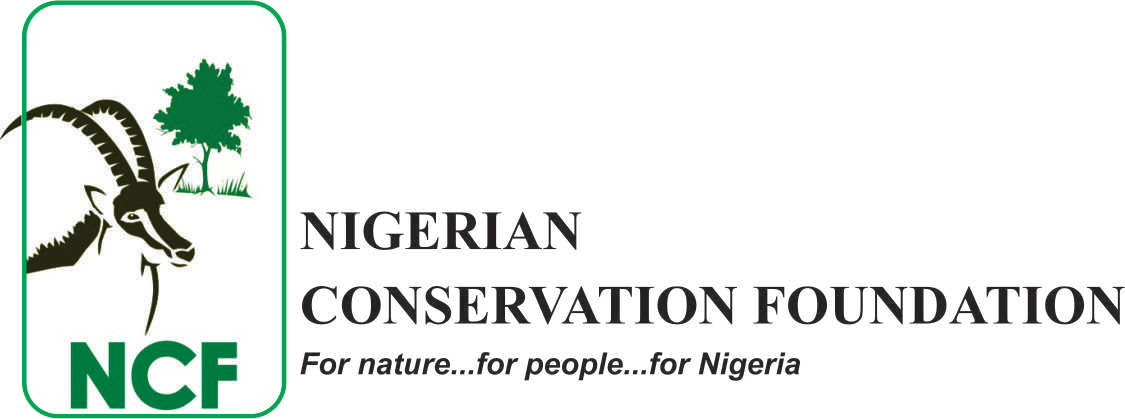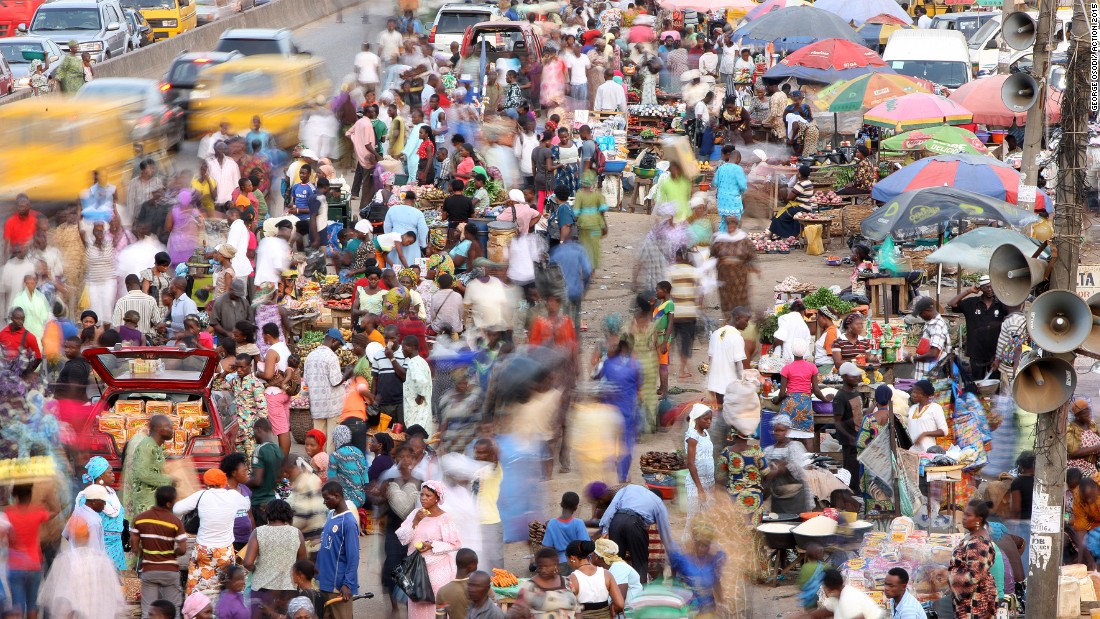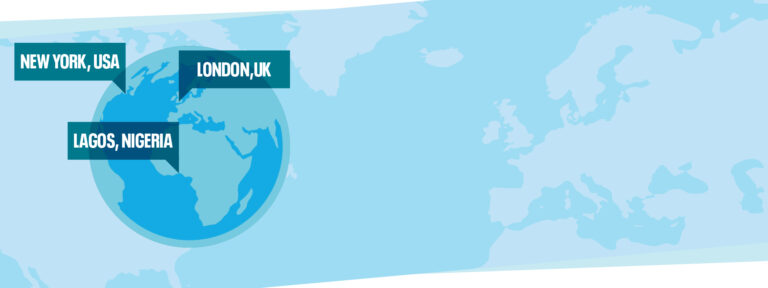
World Population Day 2019: Lagos
Placeholder lead
World Population Day in Lagos, Nigeria
This year we’re teaming up with different stakeholders in Lagos, Nigeria to mark World Population Day. The event will bring together multi-disciplinary local and international experts in a panel discussion, contributing valuable ideas, towards improving life on earth. Our theme is Population and Sustainability in Nigeria and beyond.
We are co-hosting the event with the Nigerian Conservation Foundation (NCF) and are happy to receive an official invite from the Cross River Forestry Commission on behalf of the local organising committee.
WPD is the biggest global event which seeks to focus attention on the urgency and importance of population issues. It is marked annually on 11th, July.
Whilst we hold & emphasise a global perspective & shared responsibility, it is crucial for us as a UK-based organisation to work with & be informed by partners across the world. Those are key objectives of us coming to Nigeria – to listen & learn from the country’s experts, and to build long-term, productive partnerships.

Event Details
Where: Nigerian Conservation Centre Headquarters, km 19, Lekki Epe Expressway, Lekki Lagos State
When: 11th July 2019
Time: 9:00am-12:00pm
Theme: Population and Sustainability in Nigeria and beyond
Speakers
We have a great line up of speakers from government and environmental organisations.
Barrister Abimbola Salu-Hundeyin, Hon. Federal Commissioner, National Population Commission Lagos
Dr Muhtari Aminu-Kano, Director General, Nigeria Conservation Foundation
Robin Maynard, Director, Population Matters, UK
Temitope Okunnu, Director, Foundation for a Better Environment FABE
Abiodun Bamboye, Permanent Secretary, Lagos State Ministry of Environment
Mrs Flora Adamma Oni, Director Tourism, Lagos State Ministry of Culture and Tourism
Nigeria is among the world’s largest
Globally, 22 countries will account for around 1.5 billion of the total 2.0 billion people expected to be added to the world between 2019 and 2050. Eleven of these are in Sub-Saharan Africa including Nigeria. The country is projected to add 200 million people in this period with its population growing at an average annual rate of 2.7%.
Found in the South-West of the country, Lagos, a megacity where we have our event, is one of the world’s most populous cities with over 13 million inhabitants.
Quick Population Stats
Source: The World Population Prospects 2019 – UNDESA
Fertility & Contraceptive Use
The country has some of the lowest figures on the continent of contraceptive use with only 12% of married women using any modern contraceptive method. This low uptake of family planning services has kept the country’s total fertility rate higher than in most countries. If fertility were to remain constant at current levels, a woman in Nigeria would bear an average of 5.3 children in her lifetime (Total Fertility Rate – TFR) according to the Nigeria Demographic Health Survey (NDHS2018). There has been some change but it is happening disparately, with some regions having higher TFR than others. Life Expectancy at birth is 54.5 years. while the mortality rate of children under five is still high at 132 deaths of every 1000 live births – which also drives fertility. Nigeria is far from reducing under-five mortality yet by 2030, countries aim to reduce it to at least as low as 25 per 1000 live births (SDG3, Target 3.2).
Teenage Pregnancy and Education
Teenagers with more than a secondary education tend to start childbearing later than those with no education.
The percentage of teenagers aged 15 to 19 years who begin childbearing is 43.7% of those with no education compared to 23.2% with primary schooling. This falls further if they are educated to secondary level (8.2%) and more than secondary (0.8%).
Moreover, teenage mothers and their babies are significantly more likely to live in poverty, and their children are themselves more likely to become teenage mothers, thus reproducing the cycle of poverty (SDG1). Education (SDG 4) is essential because it is transformative especially for women, and it is listed among the top ten mitigators of global warming by Project Drawdown.
Sustainable Development Goals
The country ranks at 150 out of 156 countries assessed globally (The SDG Index and Dashboards Report 2018). It still has a long way to go to achieve the SDGs – currently with an index score at 47.5%. Nigeria needs to accelerate progress towards achieving all goals especially education, and gender equality. With gender equality (SDG5), there is still much work to be done, notably including women in political affairs. Only 5.6% of seats are held by women in national parliaments compared to Niger at 17%, Senegal’s 41.8% in West Africa, and Rwanda in East Africa with the highest rate at 61.3%. The Unmet demand for contraception, estimated for women married or in union, ages 15-49 is 52.3%.
See UK DFID’s contribution to Nigeria.



